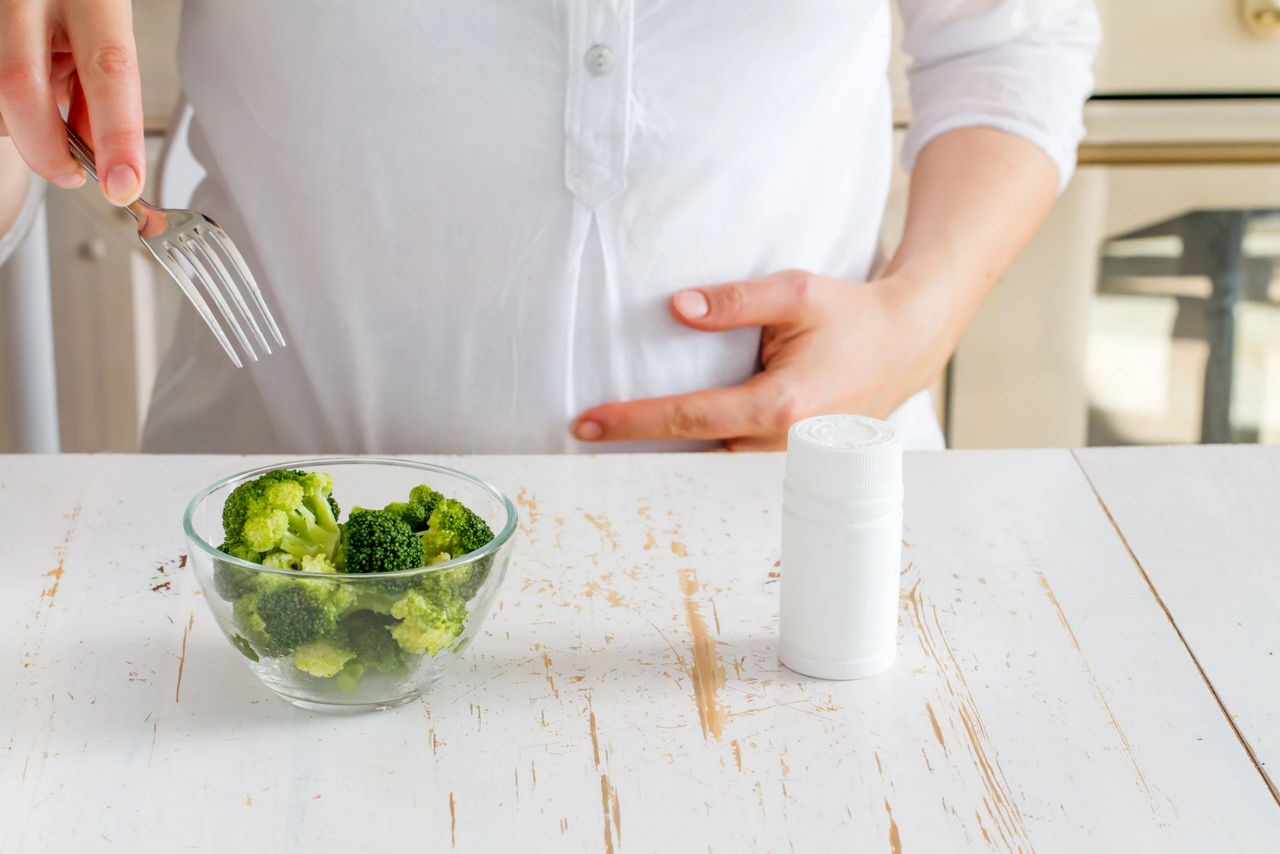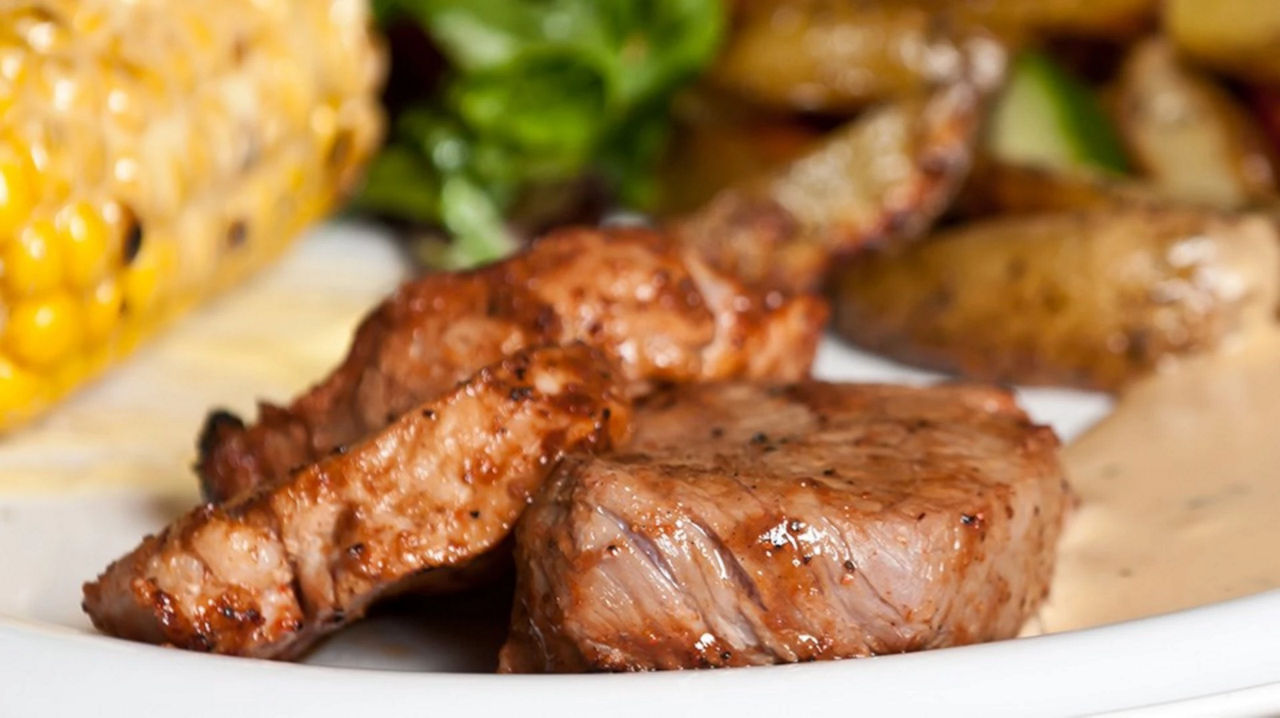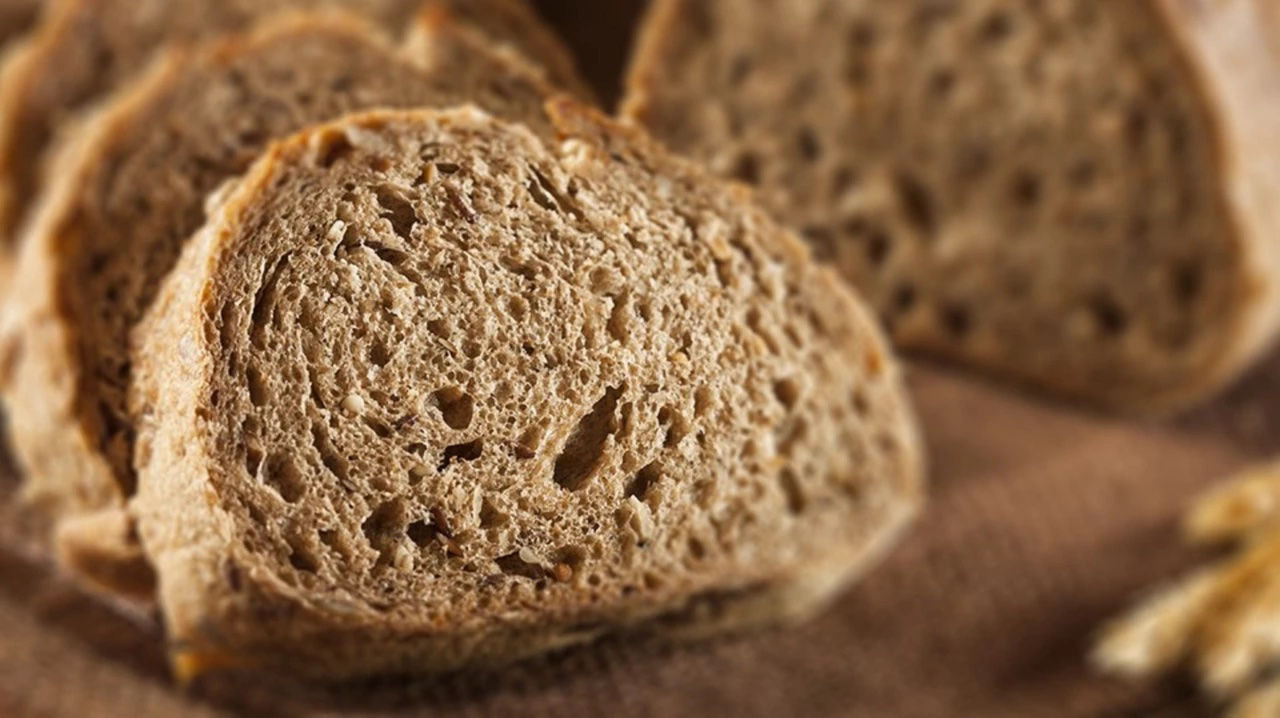Protein for pregnancy
After water, protein is the most plentiful compound in the human body. There are many different types of proteins, all with a specific role to play, helping to form the structure of our cells, and being present in our muscles, skin and blood1.
Getting enough protein in pregnancy is vital for the health of you and your baby, and it’s important to include protein-rich foods as part of a healthy pregnancy diet. Read on to learn all about the role of protein during pregnancy, how much of it you need, and what foods you should be eating to ensure that you’re getting enough.
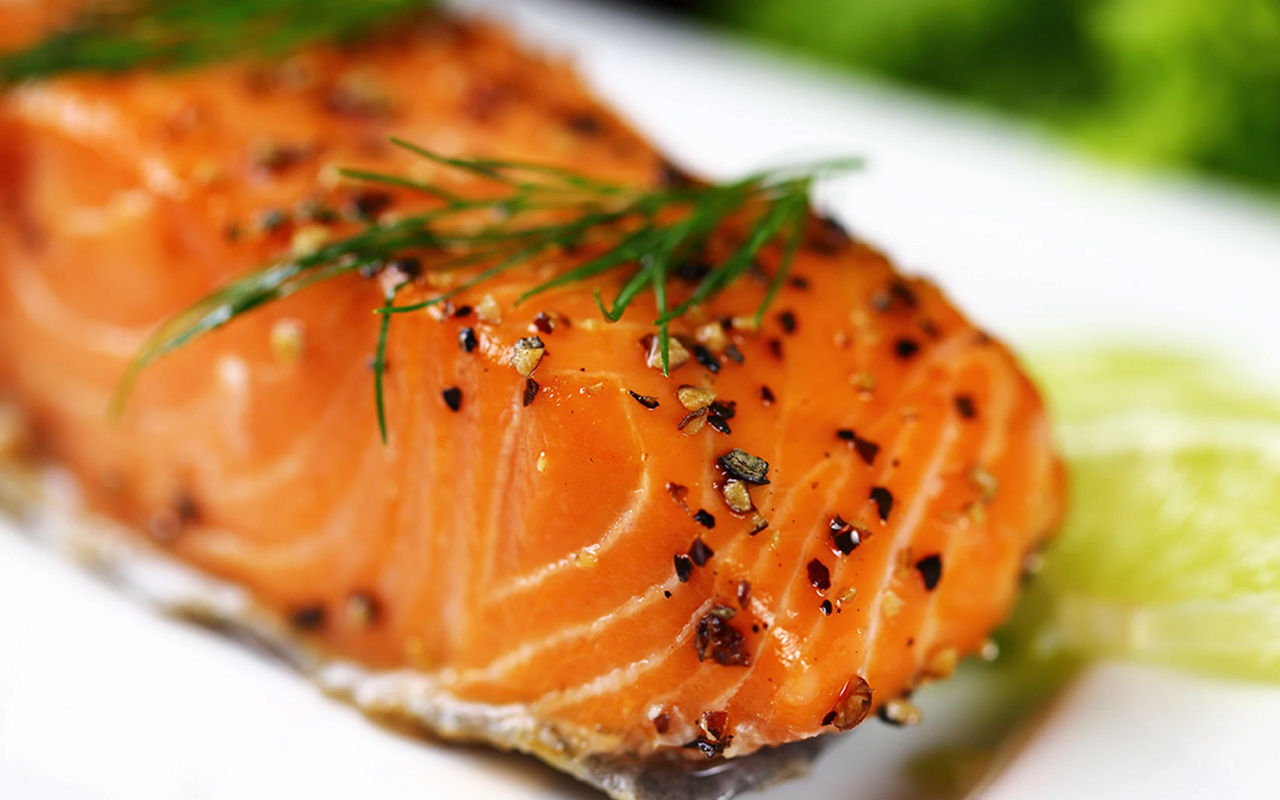
What is the role of protein during pregnancy?
During pregnancy, the placenta needs the right amount of protein in order to supply your baby with the nutrients it needs to grow and develop2. Your growing baby also needs protein to support the production and maintenance of the cells in their body3, ensuring that they have a strong and healthy foundation to build upon throughout infancy, childhood and beyond.
Protein in pregnancy also supports your baby’s development by:
- Growing and repairing new and damaged tissues
- Making antibodies for their immune system
- Making hormones and enzymes
- Supporting muscle function
- Transporting oxygen through their blood
Other benefits of protein in pregnancy include a lower risk of preeclampsia and premature birth, and a higher likelihood of a healthy birth weight2. This is important, as healthy birth weight has been shown to reduce the risk of type-2 diabetes and heart disease in later life4.
How much protein do you need when you’re pregnant?
During your first trimester, your protein requirements will only increase by a small amount. As you reach your second trimester, your protein needs will increase, in order to support the various changes your body goes through to help your baby’s growth5.
The Reference Nutrient Intake (RNI) of protein for adults is 0.75g per kg of bodyweight per day, plus an additional 6g per day for pregnant women. So, for a woman weighing 60 kg, they will need: 60 x 0.75g/d = 45g of protein a day, and 51g during pregnancy1.
According to the NHS, you should ensure that you’re eating protein-rich foods every day, including two portions of fish (one of which should be an oily fish) each week6. Bear in mind however that there are guidelines to follow when it comes to eating certain fish, and you can learn more about eating fish in pregnancy here.
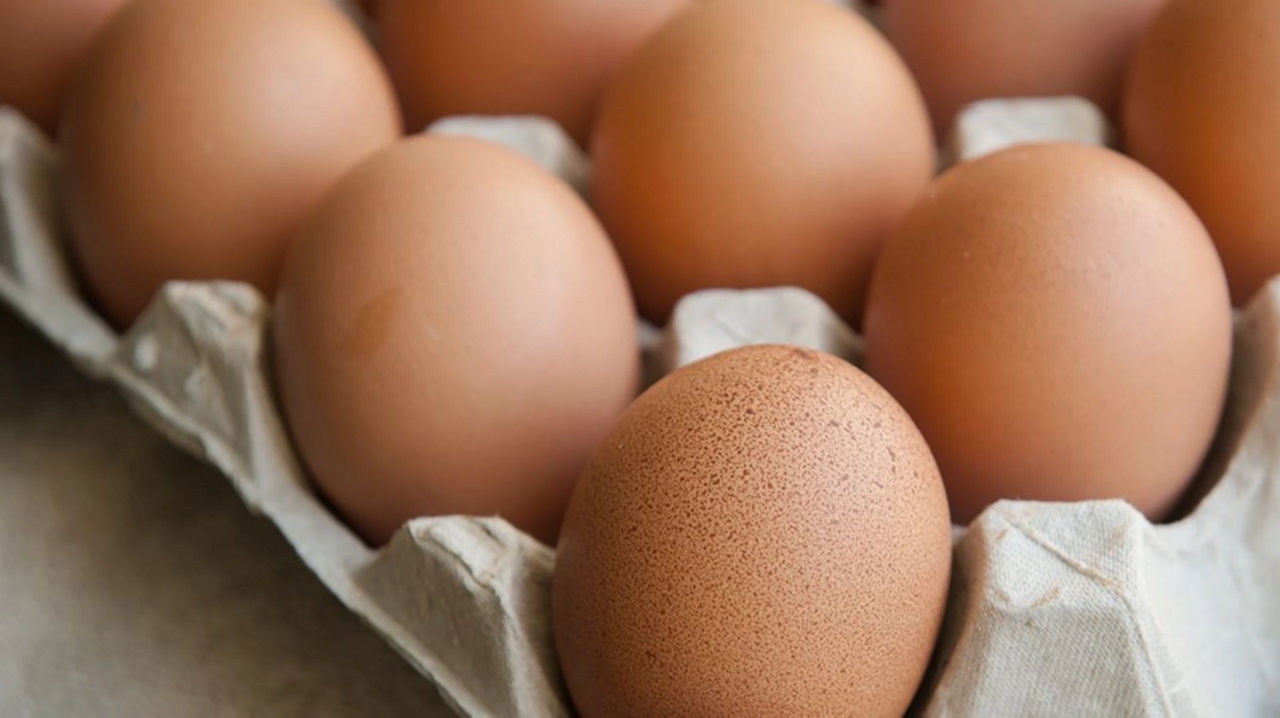
What other dietary requirements and restrictions should I be aware of?
During your pregnancy, there are some foods that you’ll be advised to avoid until after your baby is born, and other dietary requirements that you’ll need to be aware of. For example:
Calories
There’s no need for you to go on a specialised diet during your pregnancy, as eating a healthy and balanced variety of foods will ensure that you’re getting all of the vitamins and minerals you need.
As such, you won’t need to consume additional calories until the final three months of your pregnancy, where you’ll require an extra 200 calories per day7. Following this guidance will also help you to avoid excessive weight gain during pregnancy.
Carbohydrates
Carbohydrates are very important during pregnancy, as they’re a vital source of energy. Try to include 30-45g (around a fist-sized portion) of starchy carbohydrates every day with each meal8. Starchy carbohydrates include bread, potatoes, rice and pasta - try to opt for those with whole grains where possible7.
Fibre
Fibre is a very important part of a healthy pregnancy diet. It has a number of health benefits including the fact that it can help you avoid constipation - a common pregnancy symptom6.
During your pregnancy, aim to consume 30g of fibre every day9 which you can get from foods like fruits, vegetables, and other carbohydrates such as whole grains and cereals.
Fat
During your pregnancy, try to cut down on saturated fats and opt for unsaturated fats instead, for example vegetable oils. Fat is high in calories, and eating too much can make it difficult for you to maintain a healthy weight whilst pregnant, and can raise the level of cholesterol in your blood6.
Folic acid
Whilst you can get the majority of the vitamins and minerals that you need from a healthy balanced diet, the NHS recommends that all pregnant women (and those who are planning to have a baby) take a daily 400mg folic acid supplement. You should continue to take this until week 12 of your pregnancy, as folic acid can minimise the risk of problems that can affect your baby’s development10.
Sodium
Sodium is a major component of salt. The NHS recommends that you limit your salt intake during pregnancy to no more than 6g per day - 2.4g of which is sodium. This is because too much salt can lead to high blood pressure and associated complications11.
You can learn more about salt in pregnancy here.
Iron
Not getting enough iron in your diet can lead to a lack of energy and fatigue, and in some cases anaemia. As long as you’re eating a healthy balanced diet, you should be getting all the iron that you need, and foods containing iron include, lean meat, nuts, and green leafy vegetables10.
Alcohol
During pregnancy, your baby’s liver isn’t yet fully developed, meaning that they’ll be unable to process any alcohol that passes into their bloodstream through the placenta. Due to the fact that drinking alcohol in pregnancy can cause lasting harm to your unborn baby, the NHS advises that you should avoid drinking any alcohol at all until after your baby is born12 and limiting alcohol intake while you’re breastfeeding. Read more about alcohol in pregnancy here.
Good protein food for pregnancy
As well as ensuring that you get enough protein in pregnancy, it’s also important for you to get your protein from a variety of different sources. That way you’ll get all the protein and amino acids that you need for a healthy pregnancy1.
Protein deficiency is rare in western countries, as we tend to eat plenty of it as part of our everyday diet. As such, it’s unlikely that you’ll need to adjust your intake. If you’ve chosen to avoid animal products (which are the richest source of protein), you’ll be able to get many of the essential amino acids you need by eating a variety of fruits, vegetables and other pregnancy superfoods.
So, which foods can help you to get enough protein in pregnancy? Let’s take a look.
Sources of protein include:
Meat and poultry are rich in protein. For a healthier choice that’s lower in saturated fat, choose lean cuts of meat, and remove the skin from poultry such as chicken6. Learn more about eating meat in pregnancy here.
Oily fish, such as sardines and salmon, are a particularly rich source of protein and brain-building fatty acids, with numerous benefits for both you and your baby13. During pregnancy however, you should limit your intake of oily fish to only two portions a week, as there’s a possibility that it could contain harmful pollutants 14.
Eggs are an excellent source of protein in pregnancy. As long as they’re stamped with the British Lion, eggs are safe for pregnant women to eat whether they’re raw, partially or fully cooked. Avoiding eating any eggs that don’t have the British Lion stamp, unless they’ve been thoroughly cooked through15.
Along with being a good source of protein, cheese and dairy contain other vital nutrients such as calcium, making them a healthy choice during your pregnancy6. However, some cheeses can contain bacteria which can be harmful during your pregnancy, and you can read more about the guidelines for eating cheese and dairy here.
Good plant-based sources of protein include red lentils, chickpeas, kidney beans, baked beans and tofu1.
Add walnuts, hazelnuts and almonds to salads, smoothies and breakfast cereal for an additional intake of healthy protein in pregnancy.
Healthy protein snacks for pregnant women
Most people here in the UK are getting sufficient protein from their diet. However, if you’re struggling to eat during your pregnancy (perhaps due to morning sickness and nausea), there are ways to increase your protein intake throughout the day with these healthy snack ideas6:
- A small sandwich or pitta bread made with cheese, lean ham, mashed tuna, salmon, or sardines. You could also try adding some salad
- Hummus with carrots, cucumbers or celery
- Vegetable and bean soup
- Baked beans on toast or a small baked potato
- Low-fat, lower-sugar fruit yoghurt, plain yoghurt or fromage frais with fruit
You can explore more healthy pregnancy snack recipes here.
Can you take protein powder during pregnancy?
Whilst further research is needed on the topic of protein power in pregnancy, some studies have suggested that iot can have adverse effects, including a higher risk of gestational diabetes16. As such, it’s advisable to speak to your doctor or midwife before taking protein powder in pregnancy.
Related Topics
Read next

Need some help?
You can get quick answers to common questions in our FAQs.
Alternatively, if you need help with general pregnancy or baby advice, or maybe on using or ordering our products - our expert team are always on hand to talk about feeding your baby.
British Nutrition Foundation. Protein [online]. Available at https://www.nutrition.org.uk/healthy-sustainable-diets/protein/ [Accessed November 2023]
Herring CM, Bazer FW, Johnson GA, Wu G. Impacts of maternal dietary protein intake on fetal survival, growth, and development. Exp Biol Med (Maywood). 2018 Mar;243(6):525-533. doi: 10.1177/1535370218758275. Epub 2018 Feb 22. PMID: 29466875; PMCID: PMC5882021
Borazjani F, Angali KA, Kulkarni SS. Milk and protein intake by pregnant women affects growth of foetus. J Health Popul Nutr. 2013 Dec;31(4):435-45. doi: 10.3329/jhpn.v31i4.19991. PMID: 24592584; PMCID: PMC3905637
Institute of Medicine (US) Committee on Improving Birth Outcomes; Bale JR, Stoll BJ, Lucas AO, editors. Improving Birth Outcomes: Meeting the Challenge in the Developing World. Washington (DC): National Academies Press (US); 2003. 6, The Problem of Low Birth Weight. Available from: https://www.ncbi.nlm.nih.gov/books/NBK222095/
Murphy MM, Higgins KA, Bi X, Barraj LM. Adequacy and Sources of Protein Intake among Pregnant Women in the United States, NHANES 2003-2012. Nutrients. 2021 Feb 28;13(3):795. doi: 10.3390/nu13030795. PMID: 33670970; PMCID: PMC7997328
NHS. Have a healthy diet in pregnancy [online] 2023. Available at https://www.nhs.uk/pregnancy/keeping-well/have-a-healthy-diet/. [Accessed November 2023]
NHS Start for Life. Healthy eating in pregnancy [online]. Available at https://www.nhs.uk/start-for-life/pregnancy/healthy-eating-in-pregnancy/. [Accessed November 2023]
NHS Gloucester Hospitals. Carbohydrate portion sizes in pregnancy [online] 2021. Available at https://www.gloshospitals.nhs.uk/media/documents/Carbohydrate_portion_sizes_in_pregnancy_GHPI1637_04_21.pdf. [Accessed November 2023]
Royal College of Midwives. The role of dietary fibre in prevention and improvement of pregnancy related bowel problems: A review of evidence [online]. Available at https://www.rcm.org.uk/media/2226/pregnancy-fibre-poster-angie-jefferson.pdf. [Accessed November 2023]
NHS. Vitamins, supplements and nutrition in pregnancy [online] 2023. Available at https://www.nhs.uk/pregnancy/keeping-well/vitamins-supplements-and-nutrition/. [Accessed November 2023]
NHS. Others- vitamins and minerals [online] 2020. Available at https://www.nhs.uk/conditions/vitamins-and-minerals/others/. [Accessed November 2023]
NHS. Drinking alcohol while pregnant [online] 2023. Available at https://www.nhs.uk/pregnancy/keeping-well/drinking-alcohol-while-pregnant/. [Accessed November 2023]
Coletta JM, Bell SJ, Roman AS. Omega-3 Fatty acids and pregnancy. Rev Obstet Gynecol. 2010 Fall;3(4):163-71. PMID: 21364848; PMCID: PMC3046737
NHS. Fish and shellfish [online] 2022. Available at https://www.nhs.uk/live-well/eat-well/food-types/fish-and-shellfish-nutrition/. [Accessed November 2023]
NHS. Foods to avoid in pregnancy [online] 2023. Available at https://www.nhs.uk/pregnancy/keeping-well/foods-to-avoid// [Accessed November 2023]
Yang M, Cao Z, Zhou J, Liu J, Zhong Y, Zhou Y, Cai X, Yu L, Hu L, Xiao H, Zhou A. Protein powder supplementation in early pregnancy and the risk of gestational diabetes mellitus: a prospective cohort study. Food Funct. 2023 Apr 24;14(8):3815-3823. doi: 10.1039/d2fo03609f. PMID: 37010155
Last reviewed: 28th July 2020
Reviewed by Nutricia’s Medical and Scientific Affairs Team

